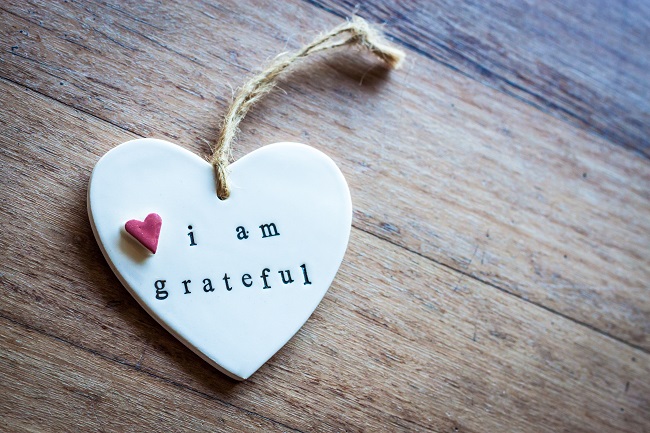Typically, when we think of legacies, we think of them in financial terms. A legacy is most often thought of as the money one leaves to a child, a loved one or an institution. But we need to think of our legacy in broader terms.
When we think about our legacy, the questions we need to ask ourselves are these: What effect do I want my life to have had on this earth? Will my life have mattered? Will the world be a better place because I was in it?
Unfortunately, these are not questions that can be put off. I am blessed to have lived almost half a century. But I know that any day could be my last. And I know very clearly what kind of legacy I want to leave behind.
When I think of my desired legacy, what comes to mind is the famous quote by Maya Angelou:
“I’ve learned that people will forget what you said, people will forget what you did, but people will never forget how you made them feel.”
So, when I consider my actions, I judge them against that standard.
One of our most important legacies is the one that we leave to our children. What legacy will you leave to your children? Do your children feel loved by you? Does your child know that he or she is the apple of your eye? Are you your child’s biggest cheerleader?
So often, children feel judged by their parents instead of loved. As parents, we, of course, should hold our children to a high standard. But the message should be this: “I am holding you to a high standard because I believe in you. I think you are incredibly intelligent and capable, and I know that you can do great things with your life.” The purpose of setting a high standard is to convey to our children that we believe in them. It shouldn’t be a tool to express disappointment.
When I die, I want my child to know without a doubt that I thought that she was amazing. I want her to know that I loved everything about her, and that being her mother was my greatest pleasure in life. I want her to know that I believed that she would do great things with her life. So, I try my best to convey those sentiments to her whenever I can.
We also leave a legacy not just to our children and families, but to our greater community. Whenever I think of community legacy, I think of my mother who was a church organist for 30 years. She used her God given talents to help people worship, Sunday after Sunday. We often take our church musicians for granted … until they take a Sunday off, and then we realize that our church organist is worth his or her weight in gold!
My mother not only served the church with her own talents, but she encouraged the amateur musicians in the church, as well. She gave them countless opportunities to perform and use their talents to support the worship service. She helped them to feel confident to perform and made them feel appreciated for their musical gifts.
And then, of course, we each should try to leave a global legacy. You don’t have to become the president of the United States to do this! Most of us have a global presence, and we don’t even realize it. If you are on Facebook, Instagram or Twitter, you have a global presence. People from all over the world can access what you post (or tweet). Take care to have a positive presence. Be careful what you say or re-post. Try to use social media in a way that brings positive thoughts, comfort and joy to others.
I am not on social media. However, I do know that people from all over the world can (and do!) view the Beliefnet website and can read my column. So, I try to be careful to use this forum to convey positive ideas. My goal is never to offend.
However, I know that sometimes folks are not 100% happy with what I have to say. I regularly read the comment section, and I give a lot of thought to every comment, whether the comment is positive or negative. My hope is that this column can have an overall positive effect around the world. I hope that I make people feel more confident in themselves and in God’s love for them. I hope that I help people to understand that none of us are here on this earth randomly. God has a special purpose for each of us. And I hope that message will be part of my global legacy.
This week, think about what kind of legacy you wish to leave behind. When people remember you after you are gone, what will they say about you? How did you make them feel? Pray that God will show you how to leave a legacy in which you have left others feeling loved, encouraged and supported.
(Photo Courtesy of Pexels)


